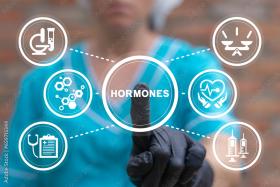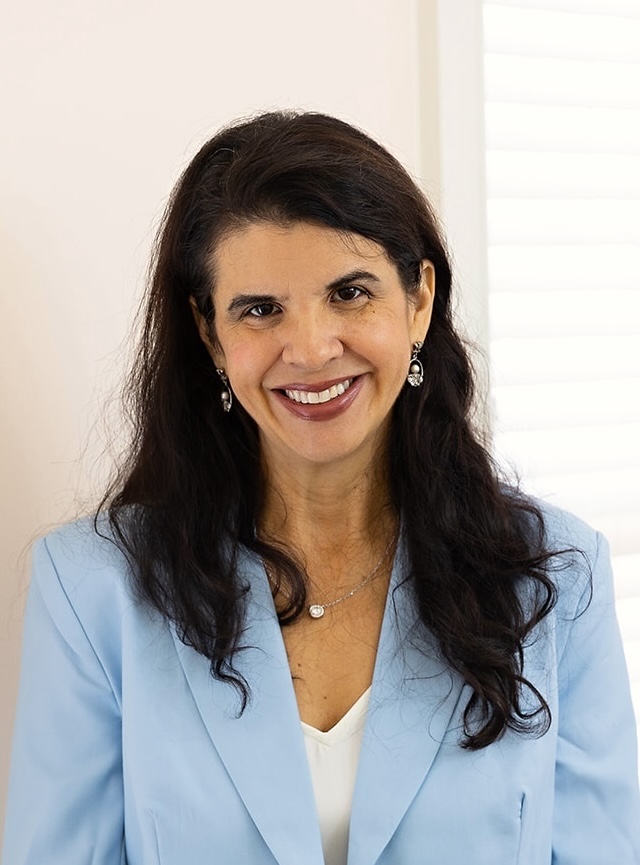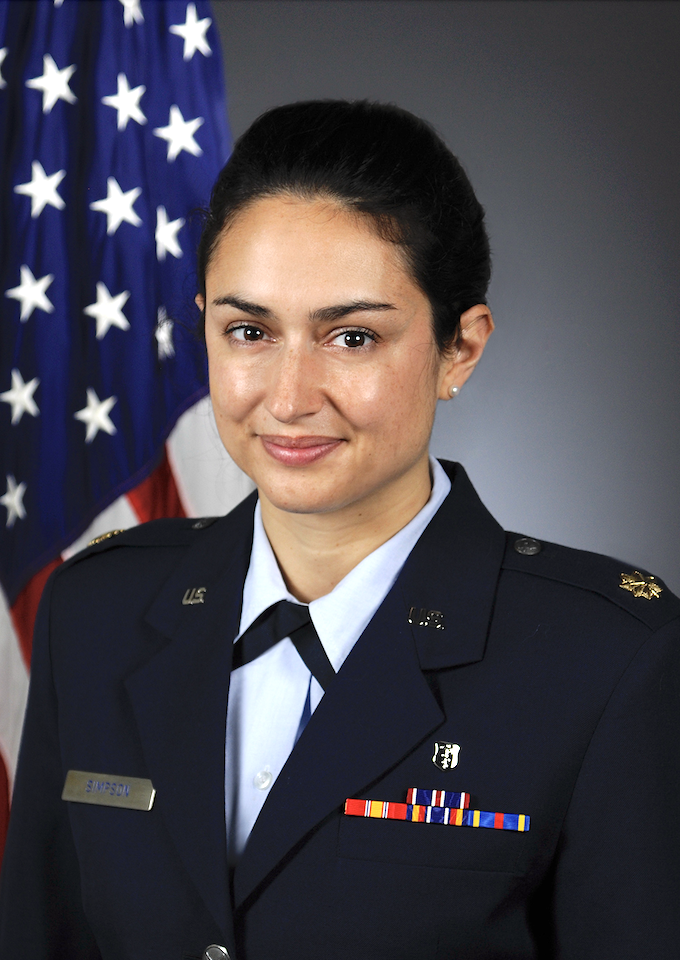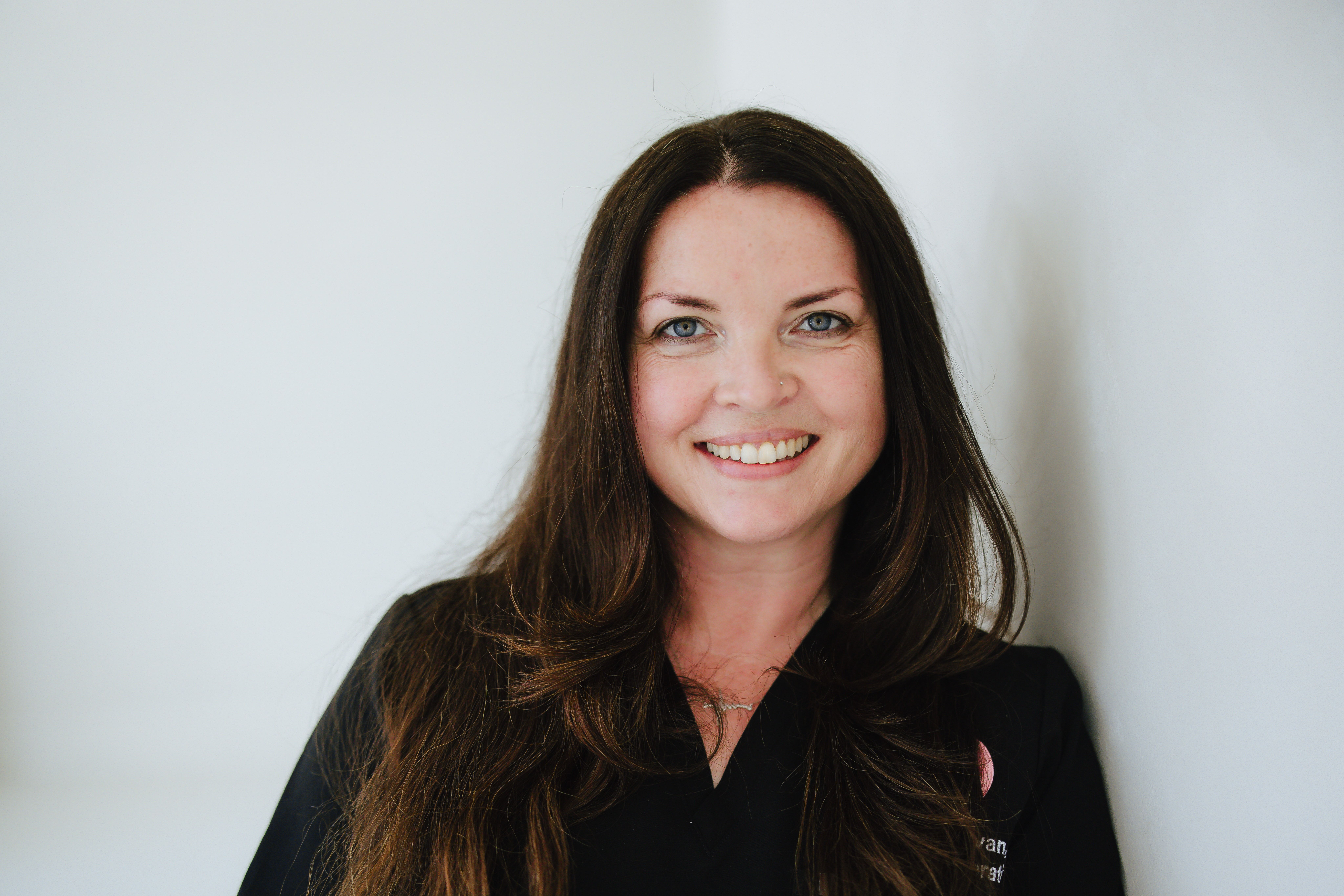
Special Feature Webinar: Hormone Therapy Unlocked: Case Studies in Diagnosing and Managing Hypoactive Sexual Desire Disorder and Menopausal Hormone Therapy
This interactive Special Feature Webinar uses real-world case studies to guide clinicians through the complexities of diagnosing and managing hypoactive sexual desire disorder and menopausal symptoms in women. It is a follow-on activity to the February 2025 CCSS session titled Hormone Therapy Unlocked: Overcoming Barriers to Better Care.
CE/CME available: As the presentation date (August 13) approaches, we will update this page to identify the types of CE/CME credit that will be available for this event. The amount of CE/CME awarded will be 1.5 hours/CE/CME.
Target Audience
TBA
Learning Objectives
- Identify diagnostic criteria for HSDD and demonstrate the ability to use validated tools like the Decreased Sexual Desire Screener (DSDS) to guide clinical decision-making.
- Evaluate candidacy for testosterone therapy in women with HSDD by reviewing baseline labs (including total/free testosterone, SHBG), and assessing informed consent for off-label use.
- Explain the evidence, risks, and benefits of testosterone therapy in women, and design a follow-up plan: including FDA-approved options and monitoring protocols for labs, efficacy and side effects.
- Discuss patient-centered approaches to managing HSDD, incorporating biopsychosocial elements, sexual health counseling, and shared decision-making.
- Assess suitability for MHT in women with chronic disease, using a thorough history and risk stratification based on current guidelines.
- Discuss the safety profile of MHT in the context of comorbidities, including cardiovascular risk, breast cancer risk, and the role of timing hypothesis and type of hormone used (e.g., transdermal vs oral).
- Formulate an individualized MHT plan and follow-up protocol: selecting appropriate estrogen route/dose and progestogen (if uterus is intact), while considering symptom burden and risk profile. Review optimization and adjustments during therapy.
- Recognize the clinical significance of untreated vasomotor symptoms (VMS), including the impact on sleep, quality of life, work productivity, and the association between persistent hot flashes and increased risks of cardiovascular disease, bone loss, and cognitive decline.
Featured Faculty:
Presenting Faculty:
Rebbecca Hertel, DO, MSCP
Family Physician, Certified Menopause Practitioner, and Founder of Osteopathic Midlife Health
Heather Quaile, DNP, WHNP-BC, AFN-C, CSC, I.F., FAANP
Scientific Committee Chair for the International Society for the Study of Women’s Sexual Health and Founder of the Sexual Health Optimization and Wellness Center
Air Force Lt. Col. Samantha Simpson, M.D.
Chief of the Reproductive Endocrinology and Infertility Division and Program Director for the SAUSHEC OB/GYN Residency Program, Brooke Army Medical Center
Retired Air Force Col. Christine Kress, DNP, APRN, WHNP-BC, NEA-BC, MSCP
Women’s Health Nurse Practitioner and Certified Menopause Practitioner, Heather Hirsch MD Collaborative
Aoife O’Sullivan, M.D., NCMP
Family Physician, Certified Menopause Practitioner, and Founder of Portland Menopause Doc
Disclosure: DHA J-7 staff, planning committee members, and content reviewers have no financial or non-financial interest to disclose. All faculty members have no financial or non-financial interest to disclose.
Rebbecca Hertel, DO, MSCP
Air Force Col Christine Kress, M.S.N., W.H.N.P.-B.C., S.A.N.E.-A.
Aoife O'Sullivan, MD, NCMP
Heather Quaile, DNP, WHNP-BC, AFN-C, CSC, I.F., FAANP
Air Force Lieutenant Colonel Samantha Simpson, MD, NCMP
Requirements: CE/CME certificates are awarded to participants who fully complete the activity, successfully submit the evaluation survey, and pass the posttest. The deadline to claim credit is Aug 27, 2025.
Access Code: Some activities require an access code to register or claim credit. Please contact the organization providing the activity for the access code. The Continuing Education Program Office (CEPO) does not provide access codes.
Accommodations: Please contact the course instructor to inquire about accommodations. For additional technical support, email [email protected].

 Facebook
Facebook Twitter
Twitter LinkedIn
LinkedIn Forward
Forward Facebook
Facebook Twitter
Twitter LinkedIn
LinkedIn Forward
Forward



